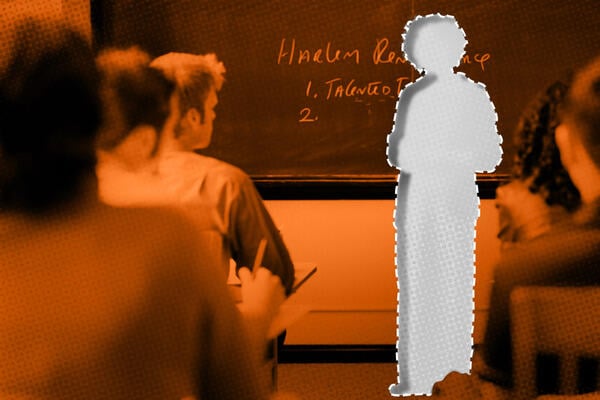Key points:
With the end of federal COVID-19 emergency funding and the inherent volatility of state income tax revenues, California school districts are in an era of financial uncertainty. Fortunately, Jurupa Unified School District is already several years into the process of finding ways to track and control expenses while still supporting teachers and staff so they can provide the best possible educational experience for our students. Here’s how we’re making staffing and payroll processes more efficient, starting with the perennially challenging extra duty.
Getting a handle on extra duty
In addition to our salaried staff, we have a number of part-time, hourly, and what we call “extra duty” assignments. Because a significant amount of our funding comes from grants, many of our assignments are temporary or one-time. We fill those positions with extra duty requests so we’re not committed to ongoing payroll obligations.
For many years, those extra duty requests and time cards were on paper, which meant the payroll department was performing redundant work to enter the information in the payroll system. The request forms we used were also on paper, making it very difficult to track the actual time being used back to the request, so we could be sure that the hours being used were within the limitations of the request. We needed a better control mechanism that would help school sites stay within budget, as well as a more formal budget mechanism to encumber the department and site budgets to cover the extra duty requests.
Budgeting can get very complicated because it’s cross-functional. It includes a position-control component, a payroll component, and a financial budgeting component. We needed a solution that could make all of those universes work together. The mission was either to find a system or build one. Our county office started a pilot program with our district to build a system, but ultimately decided against continuing with this effort due to the resources required to sustain such a system for 23 county districts.
Our district engaged in a competitive process and chose Helios Ed. Within six months, our team developed and launched a new system to address extra duty. Since then, we have saved more than $100,000 in staffing costs, time expenses, and budget overruns because of the stronger internal controls we now have in place.
A more efficient (and satisfied) payroll department
Eliminating redundant data entry and working with data instead of paper has allowed us to reduce staffing by two full-time equivalents–not through layoffs, but through attrition. And because they have a system that is handling data entry for them, our payroll department has more time to give quality to their work, and feel they are working at a level more aligned to their skills.
Finding efficiencies in your district
While Jurupa Unified has found efficiencies and savings in these specific areas, every school district is different. As many California district leaders like to say, we have 1,139 school districts –and just as many ways of doing things. With that in mind, there are some steps to the process of moving from paper to online systems (or using online systems more efficiently) that apply universally.
- Sit down and identify your objectives. What are the critical components that you must have?
- Make the decision to make or buy. When COVID first hit, Jurupa Unified created its own invoice-routing system through SharePoint. We’ve also built an excursion request process in PowerApps that handles travel, conferences, and field trips. As our county office found out, though, when you’re bringing a number of functionalities together, it can make more sense to work with a vendor you trust.
- If you choose to buy software, be certain that it can do precisely what you need it to. If a vendor says they can develop a functionality along the way, ask to see the new feature before you buy.
- Be certain the vendor will be responsive. When it comes to a function such as payroll, you’re dealing with people’s livelihoods, and you need to know that if there’s something wrong with the system, or if you need help, that help is just a phone call away.
Putting in a new payroll management system has made an enormous difference for our district, but it’s not the end of our cost-cutting process. We’re always looking at our different programs to see where we can cut back in ways that don’t impact the classroom. Ultimately, these changes are about ensuring that resources stay focused where they matter most. While budgets fluctuate and funding streams remain unpredictable, my team and I come to work every day because we believe in public education. I’m a product of public education myself, and I love waking up every day knowing that I can come back and support today’s students and teachers.





